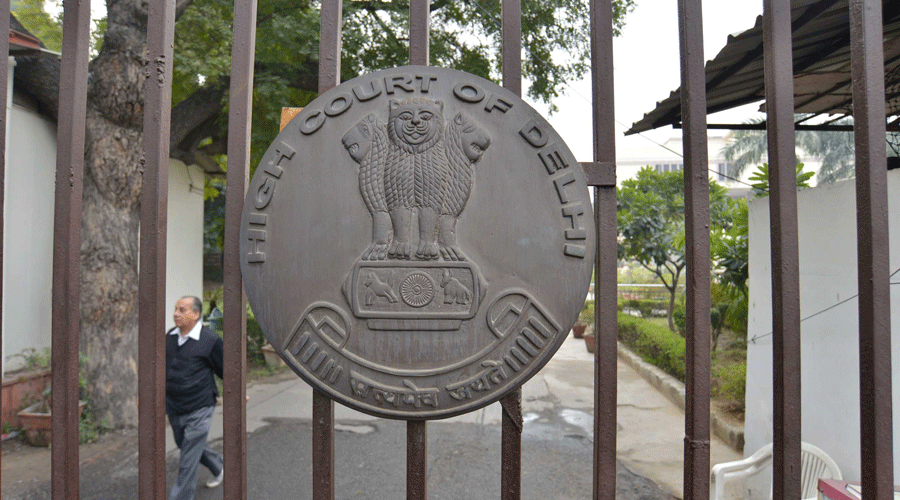The Delhi High Court has allowed a 16-year-old pregnant rape survivor to terminate her 28-week pregnancy at the All India Institute of Medical Sciences (AIIMS), which has been directed to preserve the foetus for DNA testing.
Justice Yashwant Varma passed the order after perusing the report of the medical board constituted by AIIMS which had recommended medical termination of the victim's pregnancy.
The high court noted the teenage girl was constrained to approach the court in the light of the perception of the authorities that since she has crossed the 24-week pregnancy threshold as constructed under the provisions of the Medical Termination of Pregnancy Act, the termination will be impermissible.
The rape victim, in her petition, supported by an affidavit of her brother, submitted that the foetus was beyond 28 weeks old and she wanted to terminate the pregnancy.
The court took into consideration a July 19 order of the high court in which a minor girl, also a rape victim, was allowed to terminate her pregnancy.
In that order, the high court had said If the petitioner was forced to go through with the pregnancy despite the same having been caused on account of the incident of sexual assault, it would permanently scar her psyche and cause grave and irreparable injury to her mental health. The court cannot visualise a more egregious invasion of her right to life as guaranteed by Article 21 of the Constitution.
The high court allowed the present petition and asked the girl to appear before the medical board constituted by AIIMS which may undertake the requisite procedure for medical termination of her pregnancy.
It asked her to appear before the board along with her brother and an officer deputed by the Child Welfare Committee so appropriate steps could be taken in accordance with law.
The court further directs AIIMS to preserve the terminal foetus for DNA testing which would be required for the purposes of the criminal case which is pending. "The preservation of the terminal foetus and the DNA that may be drawn therefrom shall abide by further orders that may be passed by the competent court," it said.












